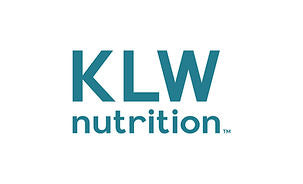Collagen is the most abundant protein in the body and as we age our levels of collagen reduce. So, supplementing a healthy diet with collagen powder shots is an easy and effective way to boost collagen levels.
Within a few weeks of supplementing with collagen powder shots, you should notice an improvement in your skin - it will look firmer, more hydrated, plumper and smoother.
A 2020 review concluded that the collagen peptides (proteins) in supplements directly impacted the body's collagen structures - fibroblasts.
In addition, a 2021 review found that supplementing with hydrolysed collagen supplements for 90 days can decrease wrinkles and improve skin hydration and elasticity.
Also, a study in the Journal of Medical and Nutraceuticals analysed several women who consumed a blend of hydrolysed collagen, hyaluronic acid, vitamins and minerals. The study found that the participants who drank this blend decreased the depth of their wrinkles significantly compared with the women in the control group who did not drink this collagen blend. In addition, the women's skin elasticity and hydration levels increased significantly.
The degree to which collagen production decreases differs from one person to another. However, studies show that it can be accelerated through certain lifestyle choices, such as smoking, sun exposure, consuming a diet high in ultra-processed food and added sugars, as well as excessive alcohol consumption.
So how can collagen be boosted?
- hyaluronic acid is a compound that helps promote collagen, which is why it has been included in My Skin Hero;
- vitamin C is essential for the production of collagen, again the reason why it has been included in My Skin Hero;
- eating a balanced diet high in plant foods, such as vegetables, fruit, legumes, nuts and seeds - these foods are rich in antioxidants, which may help protect and rejuvenate the skin by promoting collagen production;
- avoiding junk foods and ultra-processed foods - learn to read labels;
- limiting refined sugar products - again read labels, as refined sugar sneaks into some unsuspecting products, such as bread;
- avoiding smoking and second-hand smoke as the chemicals in tobacco may impact collagen production;
- ensuring alcohol consumption is kept within the recommended 14 units a week;
- using SPF to protect your skin as weather conditions can impact the level and quality of collagen in the skin. Research shows that exposure to UV light damages collagen in a similar manner to ageing.

